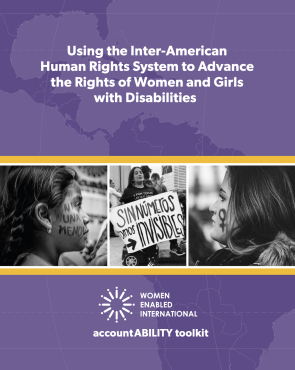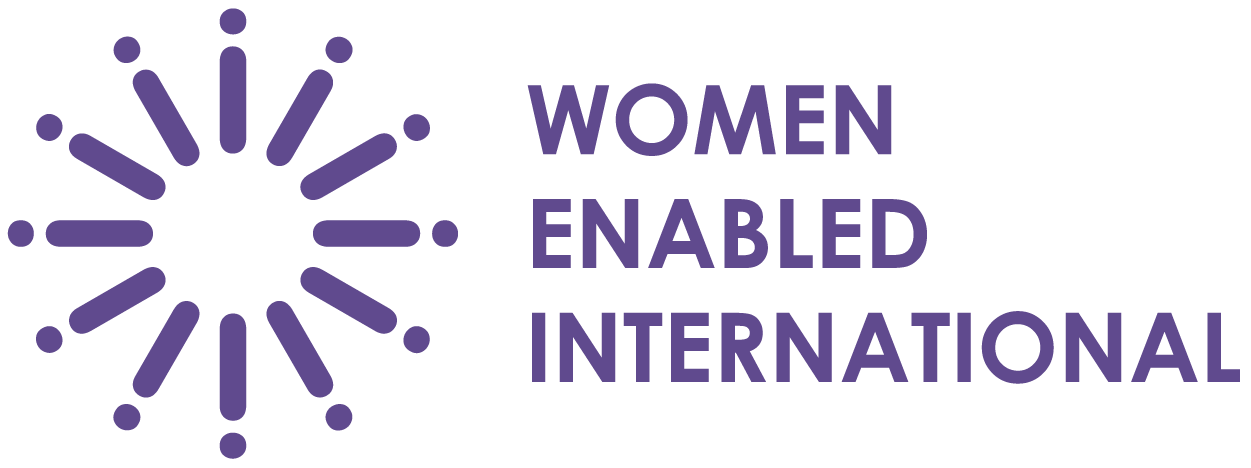accountABILITY Toolkit: Using the Inter-American Human Rights System to Advance the Rights of Women and Girls with Disabilities

accountABILITY Toolkit: Using the Inter-American Human Rights System to Advance the Rights of Women and Girls with Disabilities
Human rights are universal, inalienable, and indivisible. Yet, in the twenty-first century, women across the globe continue to experience gender-based discrimination that impedes the full realization of their human rights. Specifically, women constitute 70 per cent of the world’s poor and two-thirds of the world’s illiterate. Women and girls with disabilities make up almost one-fifth of the world’s population of women. Women with disabilities in Latin America and the Caribbean, who make up a larger percentage of the more than 70 million people with disabilities living in the region, similarly experience disproportionate violations of their fundamental rights. For example, women with disabilities are 1.5 times less likely to be employed than men with disabilities. While disaggregated data on gender and disability is limited, the data that does exist suggests that women with disabilities in the region, like women with disabilities globally, experience greater levels of gender-based violence than their counterparts without disabilities, yet, initiatives to prevent and address violence against women with disabilities are scarce.
This toolkit seeks to empower women and girls with disabilities, as well as organizations and advocates working on their behalf, to make use of the Inter-American human rights mechanisms available to ensure that the human rights violations that women and girls with disabilities experience receive redress and to make sure that statements, recommendations, observations, resolutions, decisions, and guidance from regional human rights bodies incorporate an intersectional gender and disability rights perspective. Increased attention to and guidance on how regional human rights standards apply to the specific human rights issues facing women and girls with disabilities will help advance these rights worldwide.
Downloads
PDF format downloads
- No files found
DOC format downloads
- No files found
PDF format downloads
- No files found
DOC format downloads
- No files found
PDF format downloads
- No files found
DOC format downloads
- No files found
PDF format downloads
- No files found
DOC format downloads
- No files found
PDF format downloads
- No files found
DOC format downloads
- No files found
